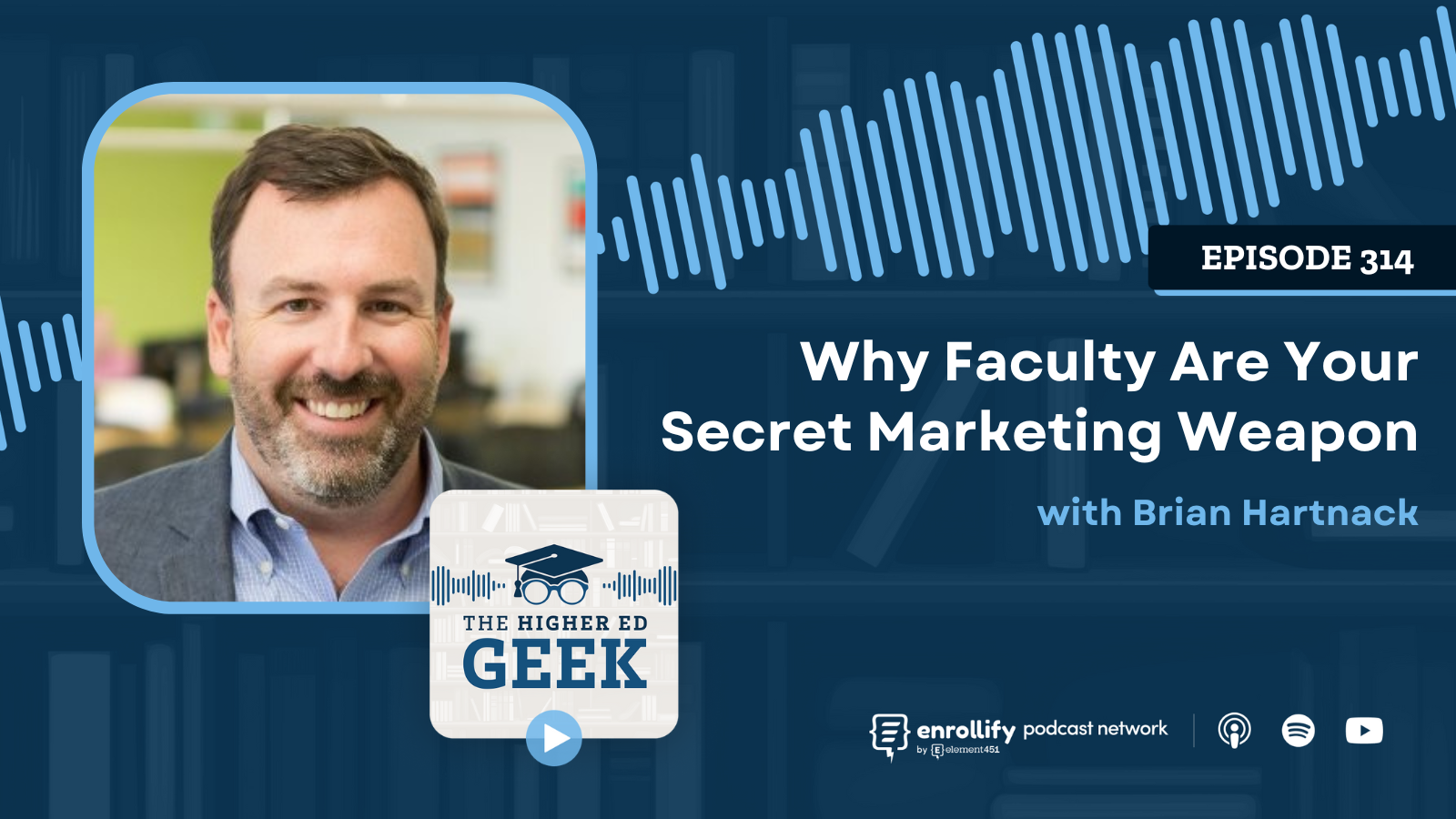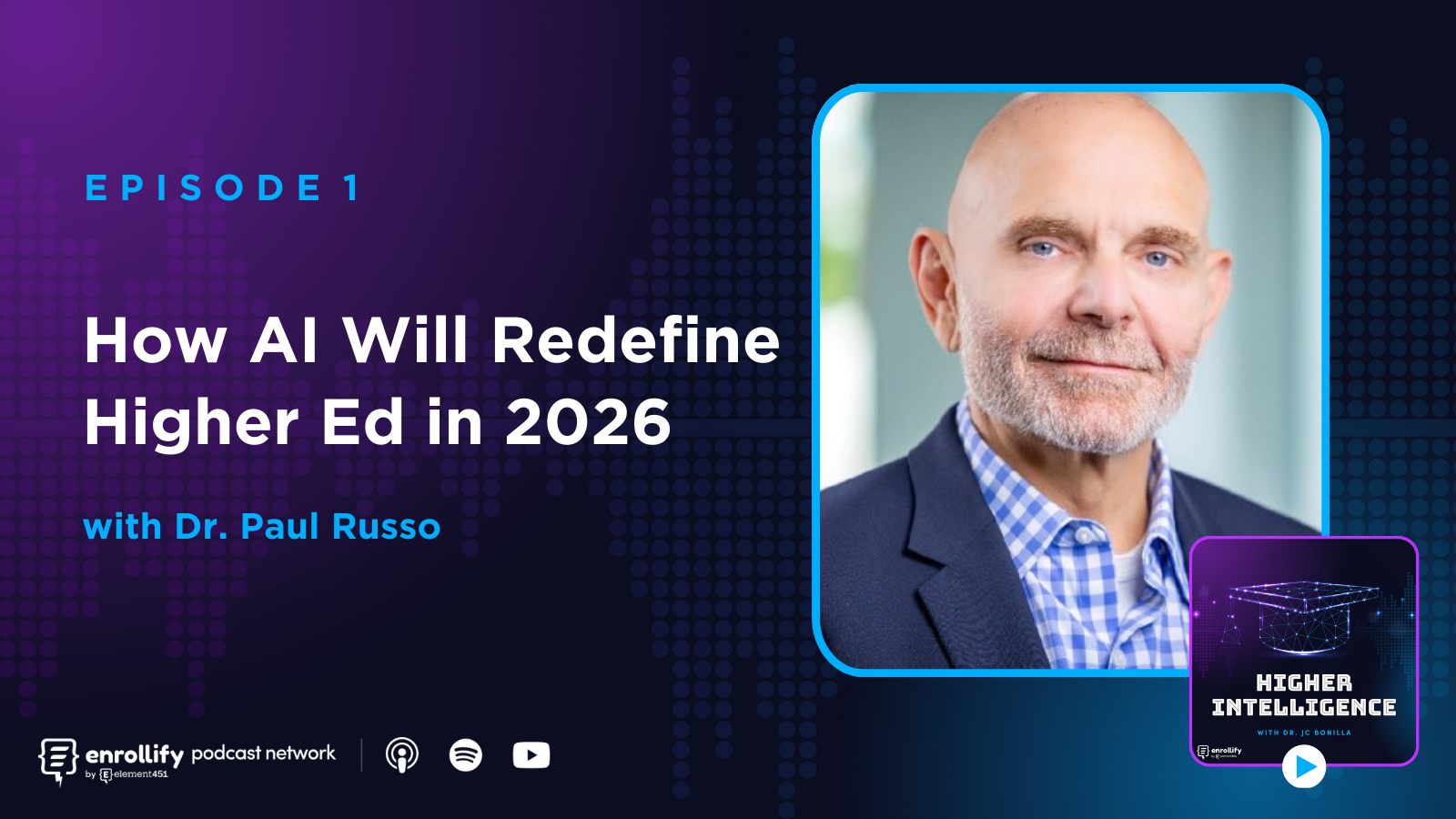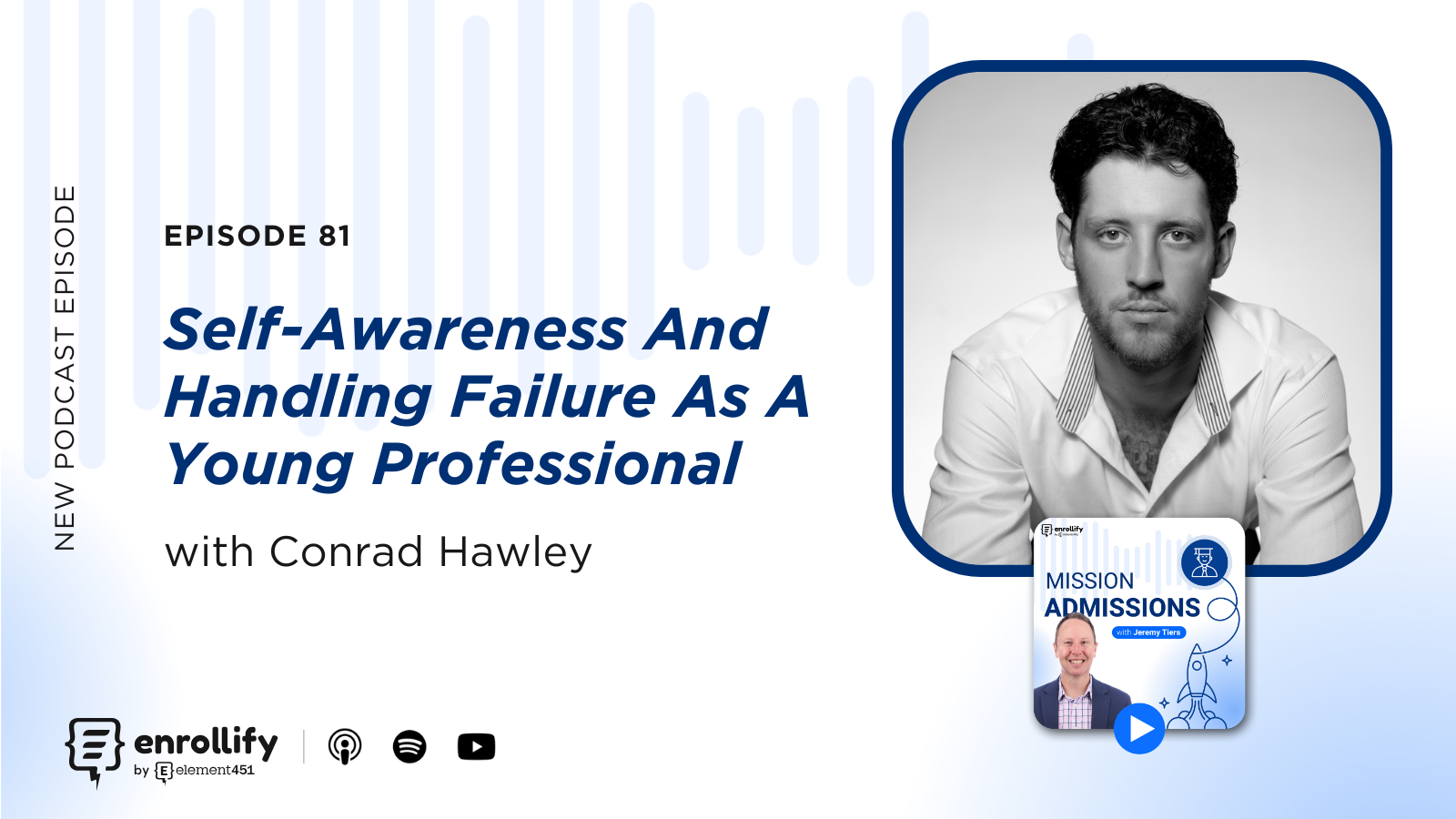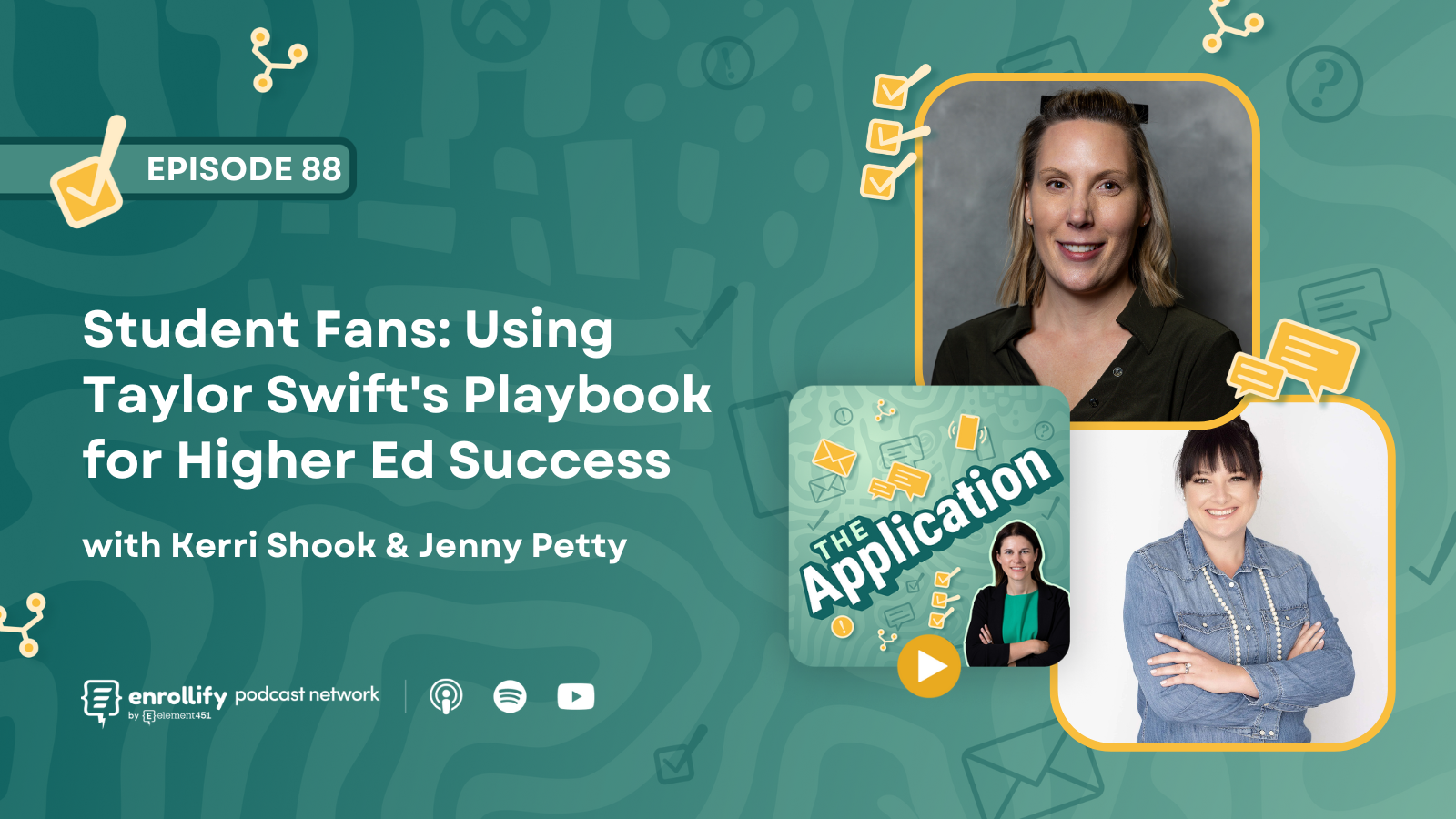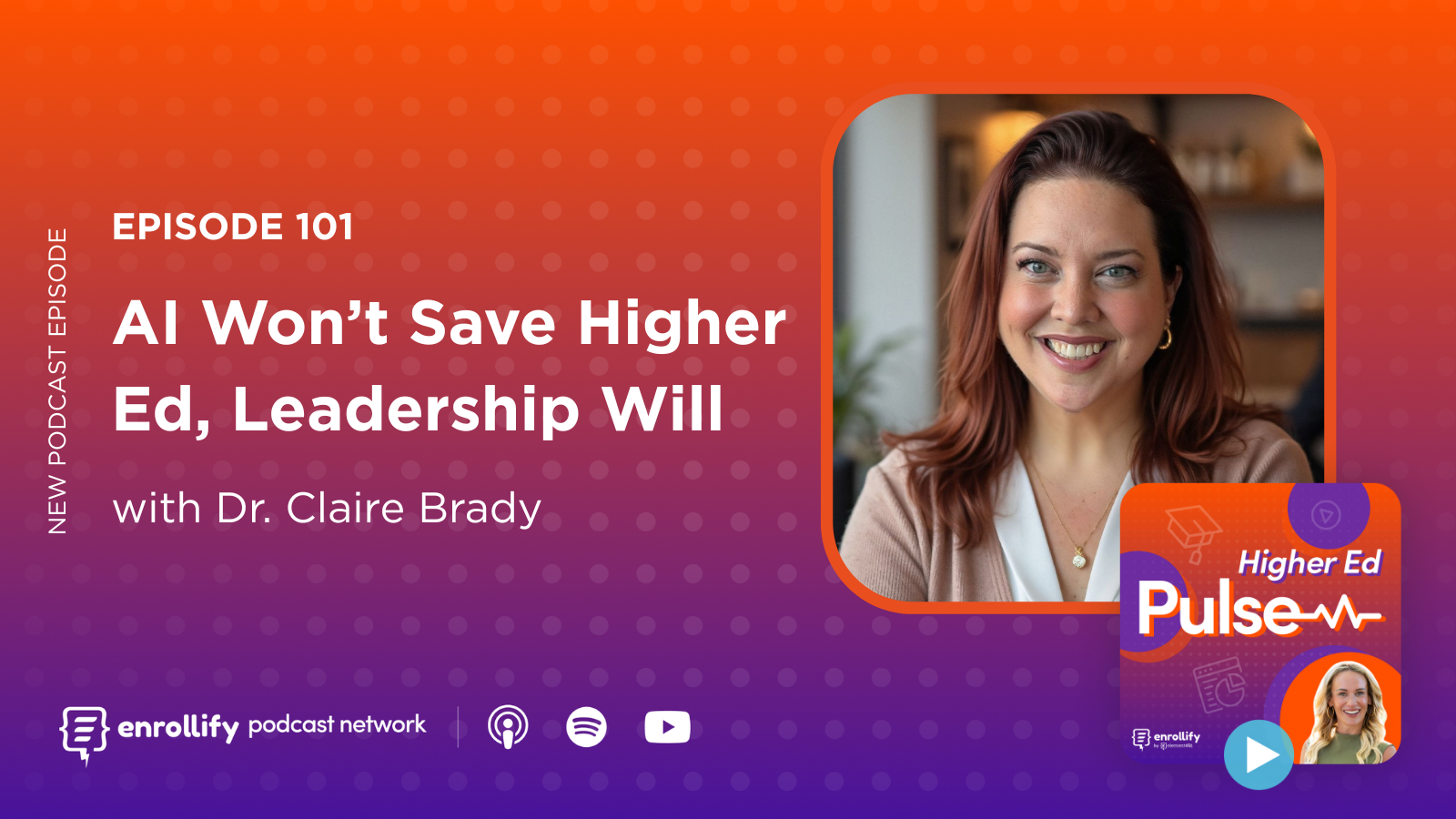About the Episode
In this episode, Carrie welcomes Scott Cline for an insightful discussion on how to approach mentorship in a way that feels natural, valuable, and effective. Instead of treating mentorship as a formal agreement, Scott shares how mentorship can be an organic, evolving relationship—one that grows through giving, networking, and taking ownership of your own development. Whether you're looking for a long-term mentor or just valuable career conversations, this discussion will change the way you think about mentorship.
Key Takeaways
- Give before you ask. Everyone has expertise to offer—start by helping others before seeking mentorship for yourself.
- Make it easy for potential mentors. Do the legwork, be clear about what you need, and respect their time.
- Take ownership of the relationship. Don't expect mentors to lead the conversation—follow up, stay engaged, and build the connection.
- Mentorship comes in different forms. Some mentors will guide you long-term, while others may just offer valuable insights for a specific season.
- A strong network leads to more mentorship opportunities. Every great conversation opens the door to new relationships and potential sponsors.
How to Find and Nurture the Right Mentors
Step 1: Give Before You Get
Many people feel intimidated by the idea of reaching out to a mentor, worried about how to approach the conversation. Scott suggests starting by giving value first.
- No matter where you are in your career, you have knowledge and experiences that can help others.
- Instead of immediately asking someone to mentor you, start by mentoring others—offer advice, share resources, or help a newer colleague.
- This mindset shift makes mentorship feel less transactional and more natural.
Step 2: Make It Easy for Mentors to Say Yes
Once you identify someone you’d like to learn from, make the process effortless for them.
- Be specific about why you admire their work and what you’d like to learn.
- Ask for just 30 minutes—a coffee chat or a short video call.
- Show appreciation by offering to pick up the coffee or sending a thoughtful thank-you afterward.
- Follow through with what you learn, and update them on your progress.
Mentors are more likely to invest in you when they see you respect their time and act on their advice.
Step 3: Own the Mentorship Relationship
Mentorship works best when the mentee takes the initiative. Don't expect the mentor to do the heavy lifting.
- Schedule follow-ups and stay in touch.
- Be proactive in asking for guidance.
- Apply their advice and share how it helped you.
Some mentorships will be long-term, while others will be short but impactful. Either way, it’s up to you to maintain the connection.
Building a Mentorship Network That Works for You
1. Accept That Mentorship Can Take Many Forms
Not every mentor will be a lifelong guide. Some may provide insights on a single challenge, while others may become sponsors who advocate for you in key professional spaces.
2. View Mentorship as a Networking Opportunity
Great mentorship often leads to more valuable connections. If someone isn’t the right fit, they may introduce you to someone who is. Keep an open mind and let your network evolve.
3. Be Open to Unexpected Mentors
A mentor doesn’t have to be someone with a high-ranking title—valuable mentorship can come from peers, colleagues, and even those outside your industry.
Make sure to check out the full Lessons In Leadership Playlists today.
About The Enrollify Podcast Network: Lessons In Leadership is a part of the Enrollify Podcast Network. If you like this podcast, chances are you’ll like other Enrollify shows too!
Some of our favorites include Generation AI and Confessions of a Higher Education Social Media Manager.
Enrollify is produced by Element451 — the next-generation AI student engagement platform helping institutions create meaningful and personalized interactions with students. Learn more at element451.com.
Attend the 2025 Engage Summit!
The Engage Summit is the premier conference for forward-thinking leaders and practitioners dedicated to exploring the transformative power of AI in education.
Explore the strategies and tools to step into the next generation of student engagement, supercharged by AI. You'll leave ready to deliver the most personalized digital engagement experience every step of the way.
👉🏻 Register now to secure your spot in Charlotte, NC, on June 24-25, 2025!







![Scott Cline on Mentorship [Lessons in Leadership]](https://cdn.prod.website-files.com/65b93e4999a2b3b98187bcdb/67a4d1d826d8128848cacf0f_2024%20Lessons%20In%20Leadership%20(2).avif)

